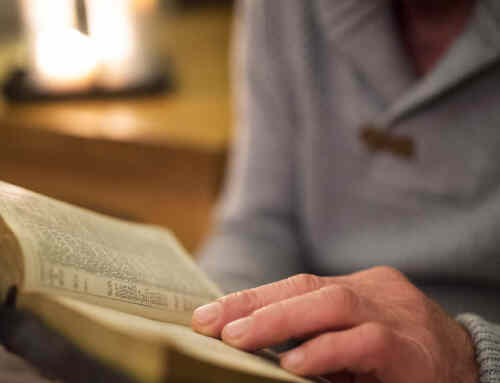John 2:1-11 records the account of Jesus, his mother Mary, and his disciples attending a wedding in Cana. During the wedding, Mary became aware that the hosts had run out of wine. Although the scriptures do not indicate Mary’s relationship with the hosts, she must have been close to them to become aware of the problem and to seek a solution to it. Verse 3 indicates that Mary brought the matter to Jesus, clearly looking for him to assist with the matter.
Although Mary would obviously be well aware of the miraculous nature of Jesus’ birth, there was likely no expectation on her part for Jesus to perform any type of miracle to resolve the problem. Verse 11 states that Jesus’ conversion of water into wine was “the beginning of miracles,” so Mary would have had no previous experience with her son performing miracles to use as a basis for the request. The verse further states that the miracle “manifested forth his glory” and that afterwards “his disciples believed on him.” These statements reinforce the thought that none, including Mary or the disciples, likely would have expected Jesus to perform a miracle, because the miracle revealed Jesus’ glory, and the miracle caused his disciples, who had up to then followed him, to believe on him.
However, Jesus had reached the age of manhood at this time and had doubtlessly proven himself wise and capable beyond his years. The very fact that he had disciples at this point testified to this fact. John 1 records some of the evidences of the knowledge and wisdom Jesus possessed during the gathering of his disciples. It was then natural that Mary should turn to her son, who had proven to her and to others to be wise and capable, to assist with a solution to the problem of the wine shortage.
Jesus’ immediate answer gives us additional insight. In verse 4, “Jesus answered, Dear woman, why are you telling me this? It is not yet time for me to begin my work.” (Easy to Read Version) It appears God blessed Mary to let Jesus know it was time to begin the outward sign of miracles.















